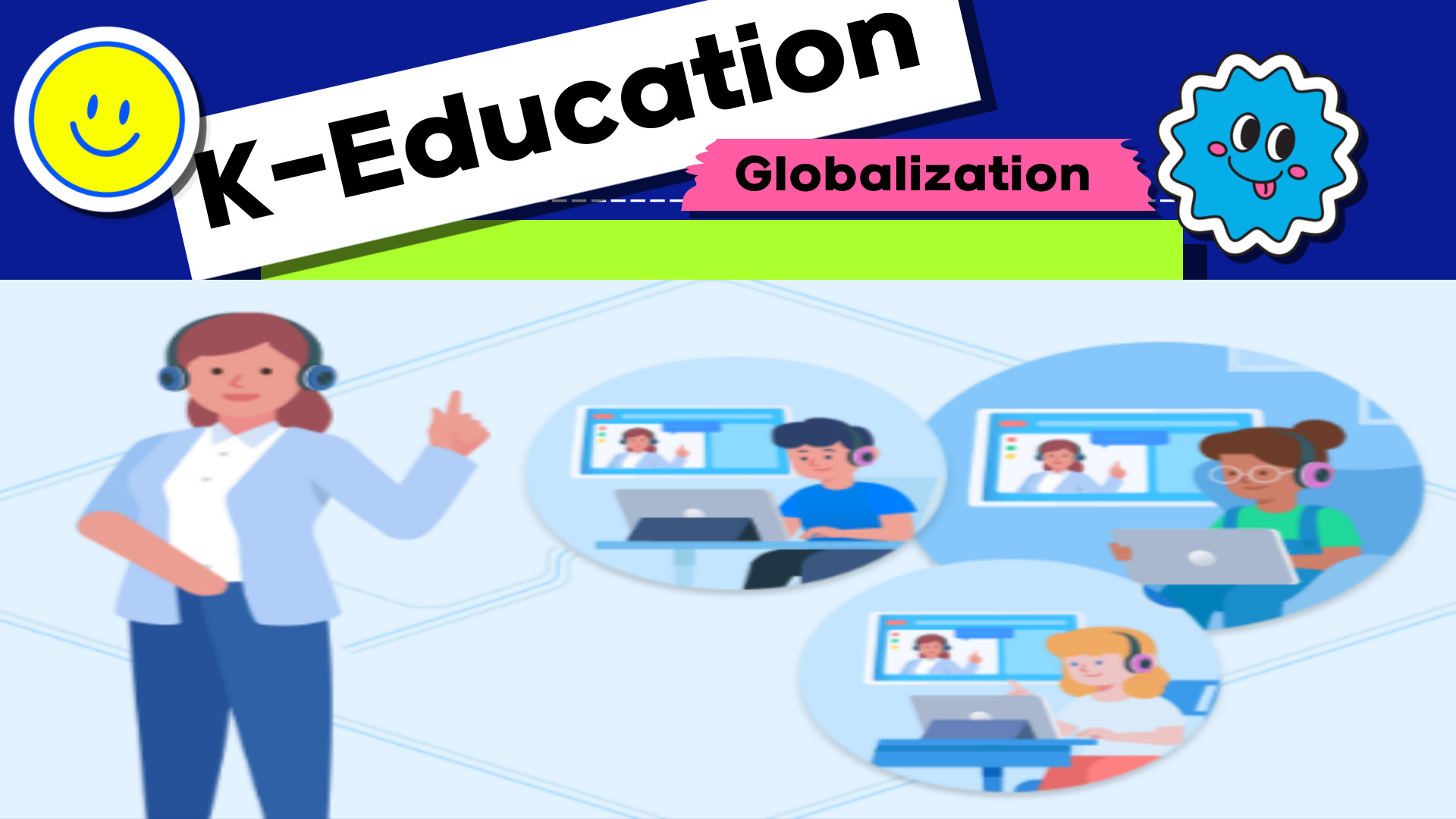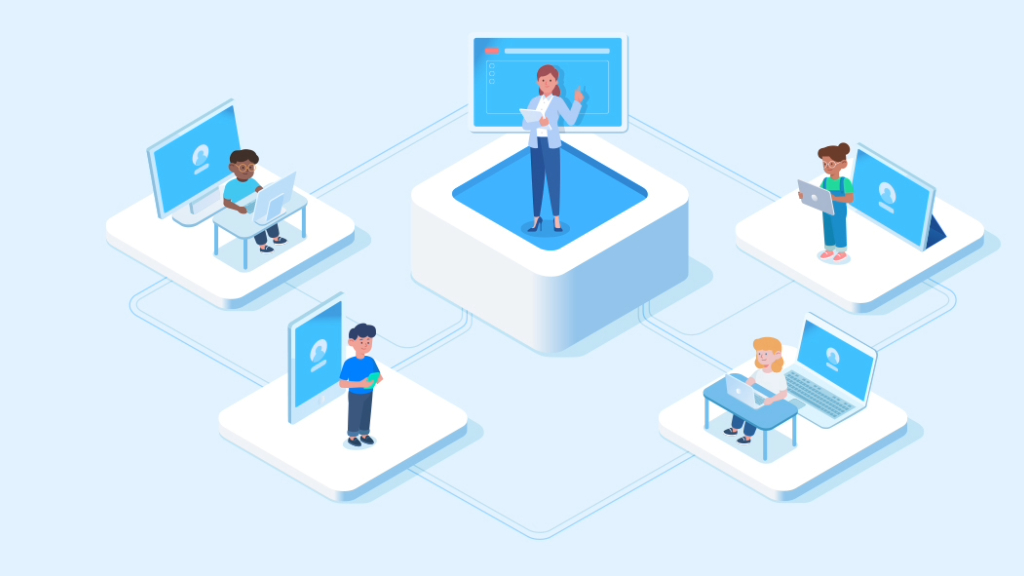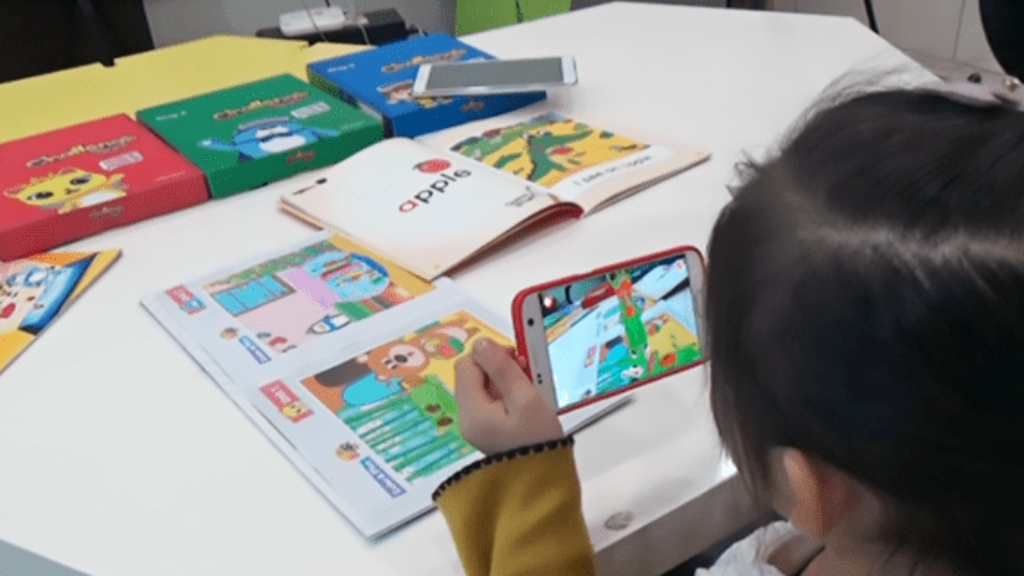Hello! This time we have prepared an interview to gain insights into the future of global Edtech education and K-education. We remember back in September 2020, when BTS released the first choreography video of their new song on the MetaVerse platform.
We were surprised to find out that 2.7 million fans around the world all listened to the new song at the same time at their place on the day of its release. Along with the global popularity of “K-culture,” “K-education” is also gaining popularity. Let’s talk about the global edtech trend and the current status of K-education with Eunwoo Lee.
Q. Recently, as interest in K-education has increased, domestic edtech companies have been actively expanding into the global market.
What are your views on the current state of K-education?
Patrick Brothers, Managing Director of HolonIQ, who recently attended one of the world’s top edtech conferences, said, “Korean edtech companies are highly valued for their connections to the global market abroad.” “There is a lot of interest in exploring the secrets of success in the Korean education market and applying them to other countries,” he added.
This positive assessment was possible due to the various edtech services that the education industry has been trying out since around 2000. It was also built on Korea’s consistent effort to expand beyond the domestic market due to its declining school-age population. In Korea, the education sector has consistently developed edtech as a component of educational innovation, and we have been working tirelessly to offer technologically accessible services that meet both domestic and international standards.
Q. I’m surprised that K-Edu has received such positive assessments overseas, but are there any limitations to the Korean edtech market?

Although K-Edu has been receiving positive reviews in recent years, the Korean edtech market is still not at the global level, despite the fact that startups are continuously entering the market. It is said that the success of BTS was possible because it did not only think about ‘what kind of content to create’ but also thought about ‘how to deliver it’. We, too, need to think more about how to convey the positive aspects of K-education to the global market.
Q. So, what kind of efforts do you need to make to capture the global market through edtech?
In order to preempt the global market, I think we need to clarify two main things. First, global content. To clarify global content, it is important to develop universalized content that is suitable for global standards and fosters future competencies. According to the OECD Education 2030 Project, the competencies required for students in a future society are the 4Cs: Critical thinking, Creativity, Communication skills, and Collaboration.
New educational content that can cross national boundaries with global publicity should be produced rather than curricular learning content that is evaluated in Korean, English, and math. To achieve this, the scope of edtech should not be limited to learning effectiveness. Specifically, we need content that can accelerate innovation across education, such as STEAM-based learning content or basic English language learning, to build literacy.
Q. So what is the second factor needed to capture the global market?

The second is the development and support of innovative technology. Korean IT technology is world-class, but it is questionable whether these technologies are properly applied to the education sector. If we want to raise the status of K-Edu, it is not possible under a closed government policy.
The government will have to make preemptive achievements by exchanging technology with overseas edtech companies and supporting technology development in line with global technology standards. In addition, we need to hasten the introduction of excellent technical skills in technology development based on cooperative efforts between the government and private companies. That will be the competitiveness of K-Edu and, more importantly, a sustainable K-Edu.
Q. Is there anything else you’d like to emphasize in terms of factors that need to be addressed in order to preempt the global edtech market?
One more thing is that the global service operation must be simultaneous. Korea is no longer a small country with no recognition; the world is familiar with our global K-pop idols and our culture of excellence in sports, science, and overall industry. Young people around the world are trying to learn Korean across language and cultural barriers.
In this context, we are already global citizens, and we need to open our minds to new experiences and support education services to be localized with a global aspect. To do this, we need to build an infrastructure for co-working by understanding the situation in each country. This is also a way to build global skills through various experiences and training.
Q. So, from a broader perspective, what are the trends in the global market that we should keep an eye on as global citizens?
It’s hard to say using the pandemic as a benchmark, but the development of communication technologies as well as digitally literate people is spreading internationally beyond national boundaries. We shouldn’t overlook the fact that we are now in a global era of transnational economic and cultural consumption and communication.
Q. Finally, what efforts do you think are needed to improve K-education’s international status?
We need to create an education culture with extraordinary imagination and innovation and help young people become happy global citizens by creating a new type of education along with technological advancement. This will raise the global status of K-education.
Today’s interview with Mrs. Eunwoo Lee gives us a deeper insight into the future direction of K-Edu and edtech. We heard the importance of aligning with global trends, developing innovative educational content, strengthening technology, and collaborating with the government and the private sector. I look forward to seeing how these efforts will combine to create a K-Edu that can take the lead in the global market.




